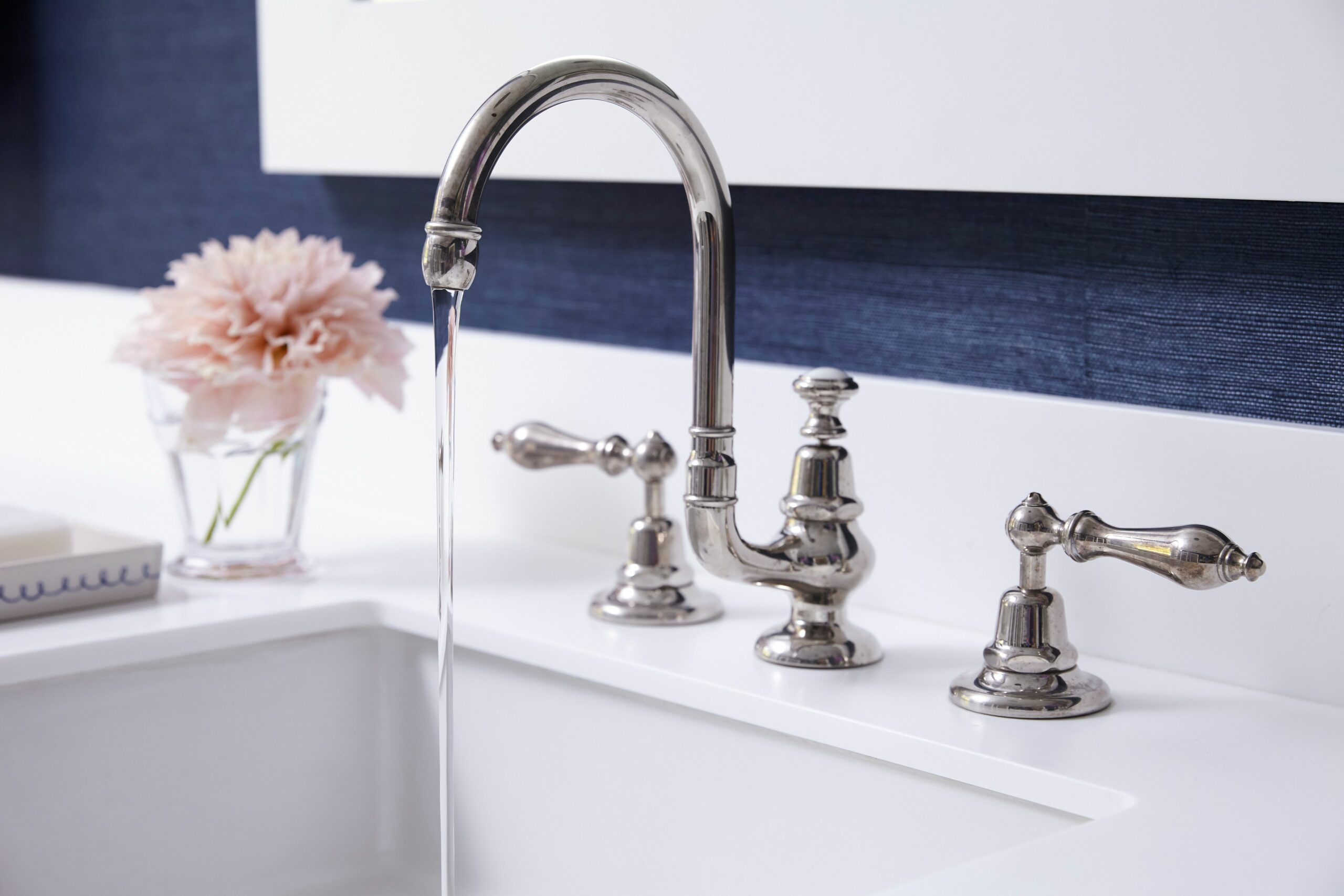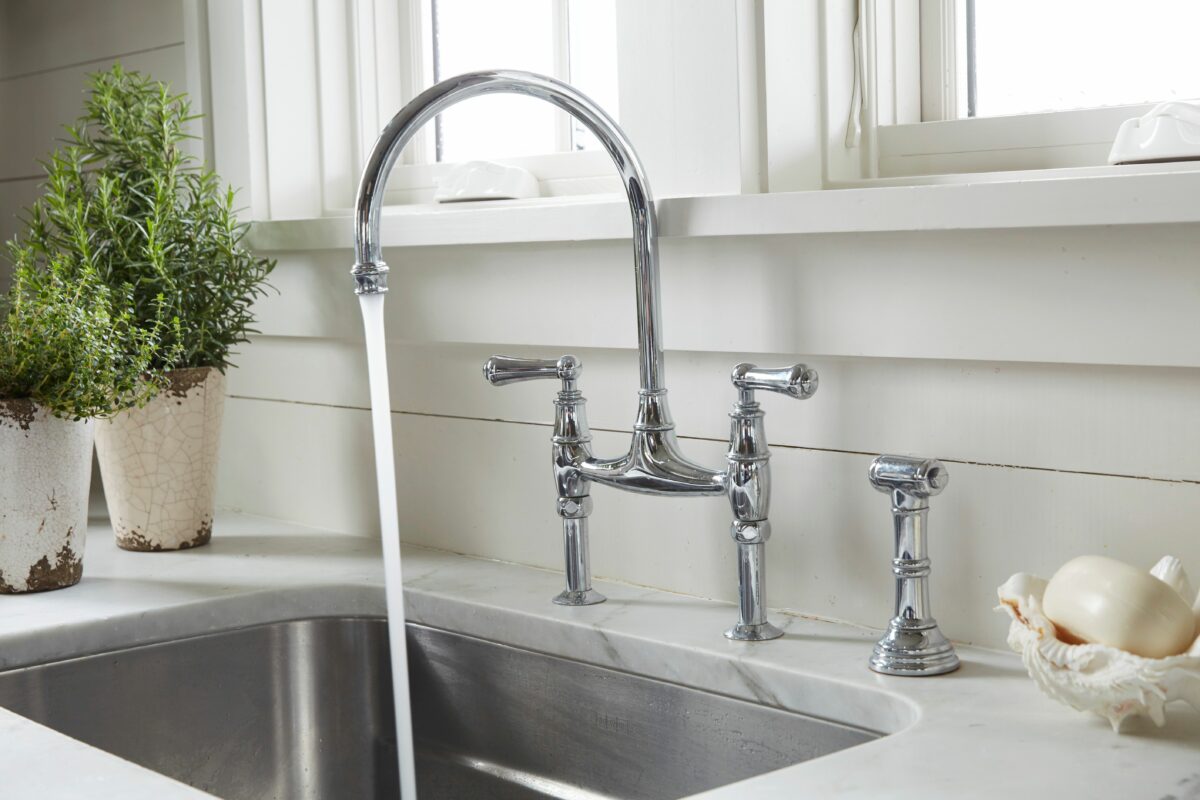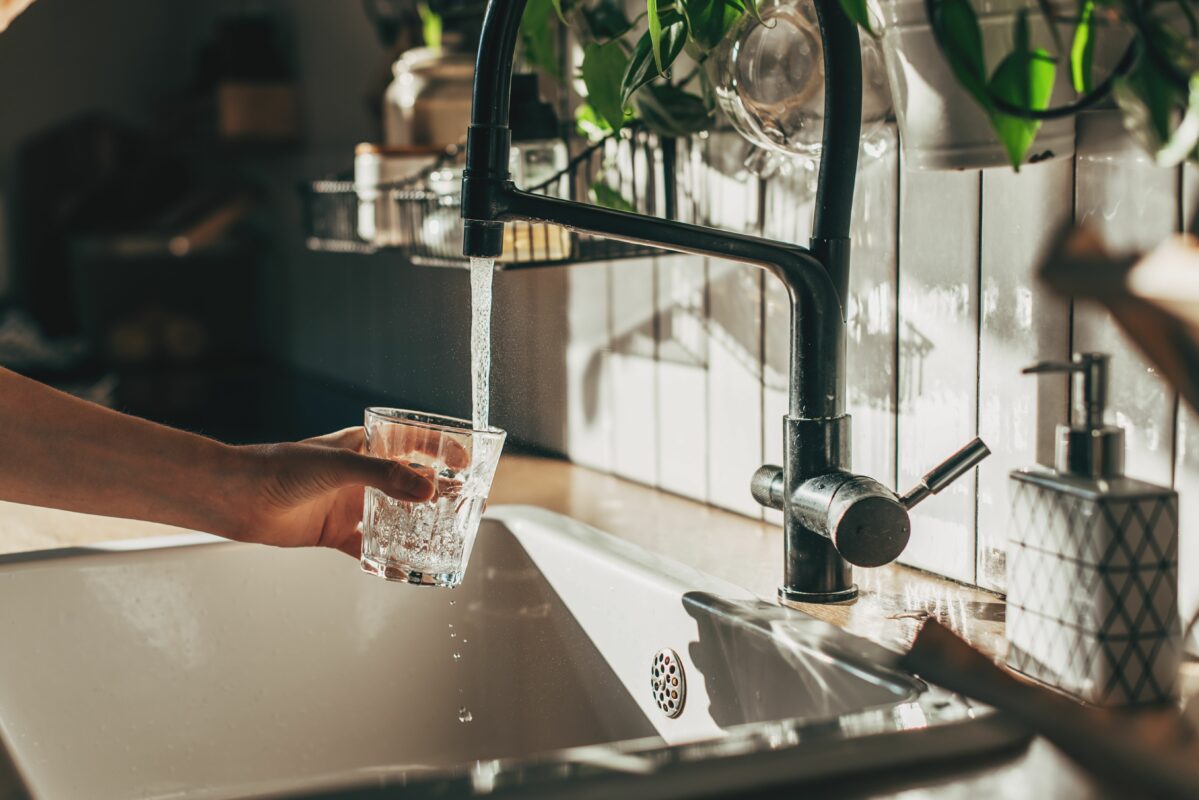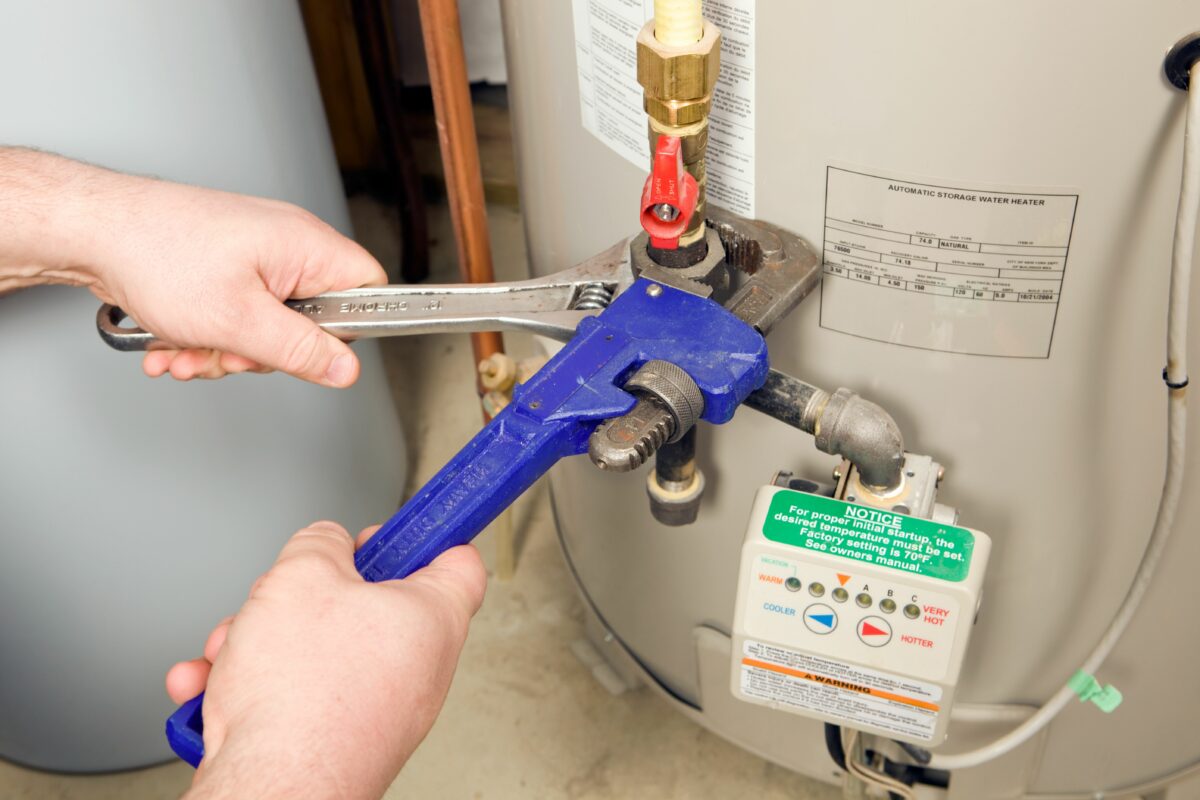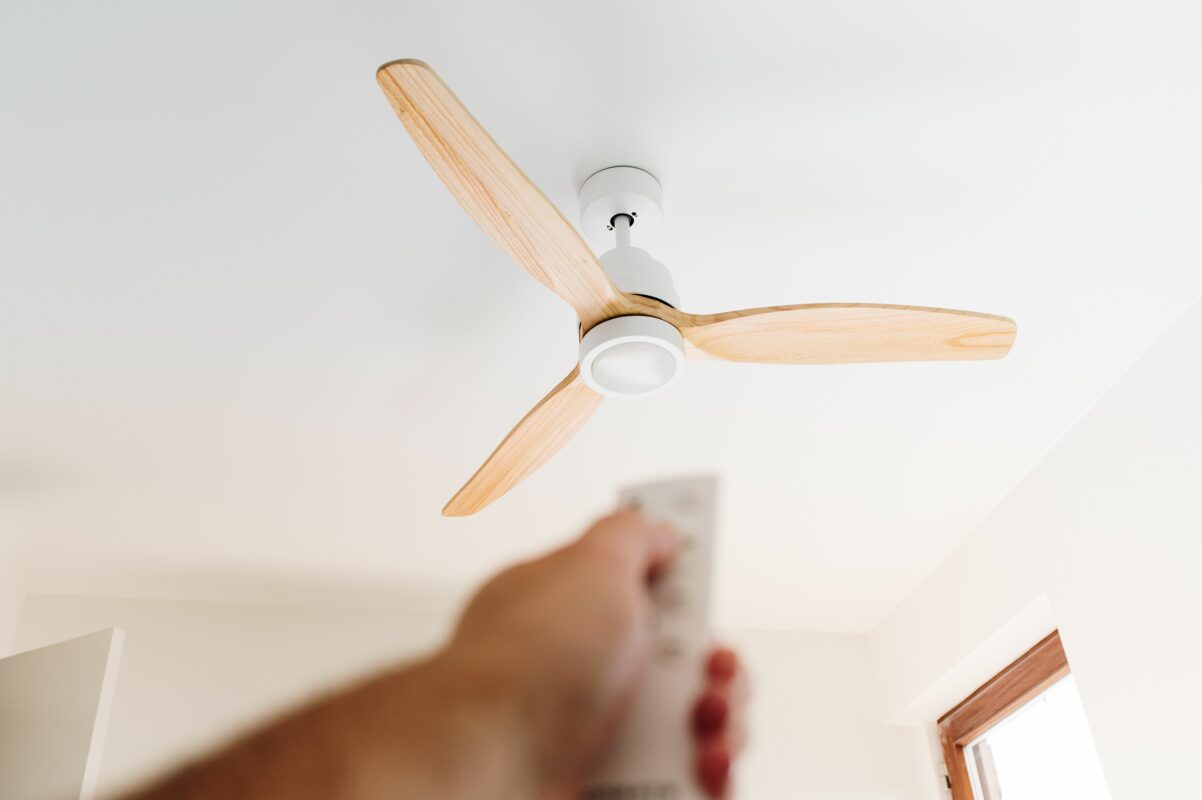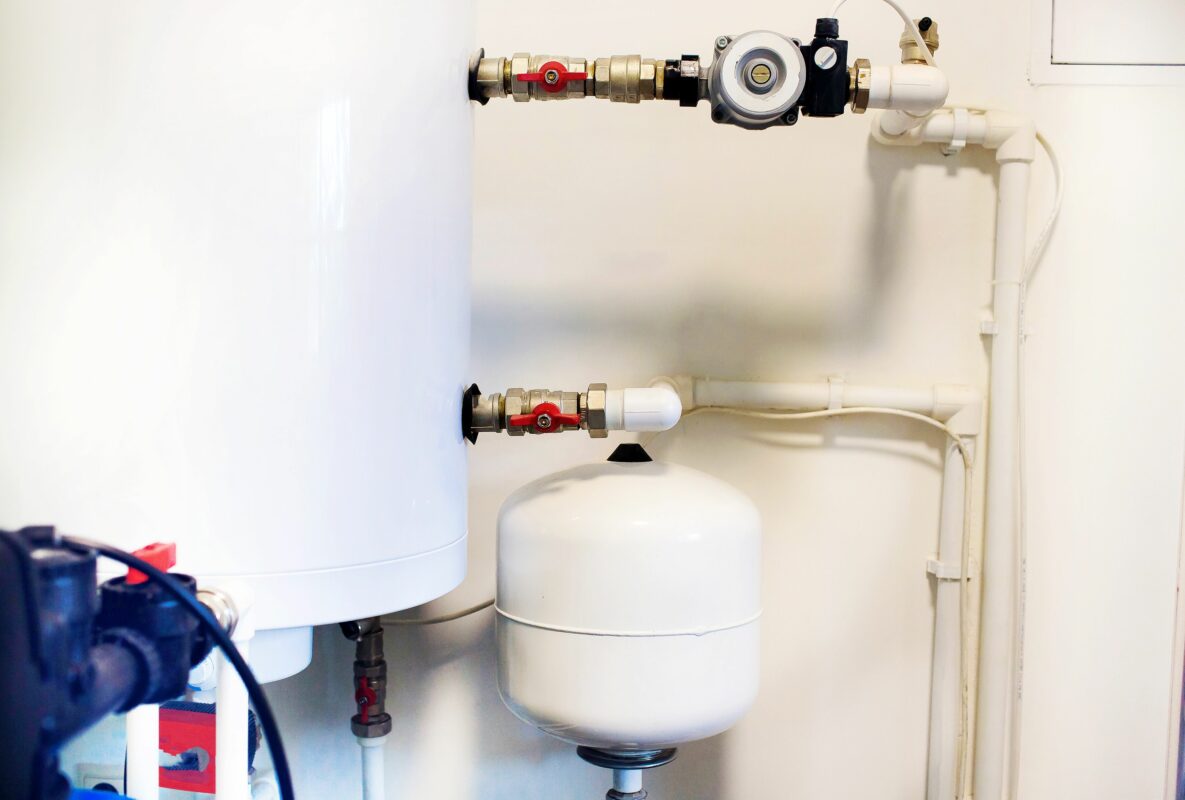While running hot water is undoubtedly a luxury, a faucet that’s slow to warm can be a drag. Many things can cause water to run cold for a long time, such as uninsulated supply lines, a distant water heater, low-temperature settings, and more. Any combination of these underlying water heater issues can leave you waiting impatiently to get hot water each time you turn on your tap.
Here are common causes of slow-heating water at home and some simple steps you can take to heat your water faster.
Why Is My Water Cold All the Time?
There are various reasons a faucet runs cold for so long before warming up. The most common causes are:
- Water heater location. Let’s say your water heater is in the basement of your home, but your kitchen is on the top floor. To make matters worse, they’re on opposite sides of your home. When you turn on the hot water, it can take several minutes for the hot water to travel from the water heater to the faucet. The water will run cold until all the cold water in the pipes has run out of the faucet.
- Uninsulated pipes. Even if your water heater and faucet aren’t far apart, heat loss can occur in the pipes. This is especially common if the pipes are located in an unconditioned area of the home, such as a crawlspace or unfinished basement. Eventually, the flow of hot water in the pipes will warm up the pipes, but it can still lose some of its heat by the time it reaches the faucet.
- Low-temperature settings. Most water heaters have adjustable temperature settings that control the temperature of the water coming out of the water heater. If the temperature is set to 100°F and you expect 100° water to come from the tap, you might be disappointed. The water will likely lose some heat by the time it reaches the tap.
- Volume restrictor. If you have a low-volume restrictor on your water supply lines to conserve water, it slows down the delivery of hot water from the water heater. This causes the water to flow cold for a while, as it must deliver the water already in the pipes before the hot water reaches the tap.
How to Get Hot Water Faster
You can do a few things to get your faucet to run hot water quicker. Here are the best tips for getting faster hot water:
1. Insulate Pipes
Head to your crawlspace, basement, garage, or wherever your water heater is. Locate the hot water line. If you’re confused about which water line is which, run your hot water for a few minutes, and you’ll feel the heat on the hot water line. Install pipe insulation on the hot water line, starting at the water heater and continuing until you can no longer access it. Tape the insulation to seal in as much heat as possible.
2. Adjust Your Water Heater’s Temperature Setting
If your water heater’s temperature is set too low, adjusting it can make all the difference in the temperature of the water coming from your faucet. Most water heater manufacturers specify 120°F as the scald-safe setting, so be careful if you increase the temperature beyond this level.
3. Adjust or Remove Your Volume Restrictor
If you have a volume restrictor installed, locate it. If you’re unsure, check the water supply lines going to your bathtub, sink, and shower and look for a small adjustable fitting. Slide the adjuster to its highest-flow setting and test your hot water to see if the faucet heats up more quickly.
4. Install a Point-of-Use Water Heater
The best way to guarantee hot water at a faucet far from your water heater is to install a point-of-use water heater. Tankless water heaters are much smaller than traditional water heaters and don’t store any water. Instead, they immediately heat water that passes through them.
Adding a point-of-use tankless water heater is also a great way to increase the amount of hot water in your home without installing a larger water heater. Plus, they’re more efficient than traditional water heaters, although they cost more up front.
5. Service Your Water Heater
Water heaters don’t last forever, but you can help extend their life with regular maintenance and upkeep. If your hot water used to reach the faucet sooner or last longer, there could be a problem with your water heater, such as a bad element or sediment buildup. If you aren’t confident servicing the unit, contact a maintenance technician for assistance.
Before servicing or inspecting a water heater or other electric appliance, always turn the unit’s power off at the breaker. If servicing a gas-powered water heater, turn the gas valve to the “off” position.
When to Call a Professional
If none of these tips and tricks help you heat your faucet faster, it may be time to call a plumber. There could be more complex issues with your water heater or more advanced solutions to the problem, such as the installation of a water recirculation system. This system keeps water circulating in your pipes so you always have hot water immediately at your disposal. In more severe cases, a plumber may recommend relocating your water heater to better serve your home’s needs.


